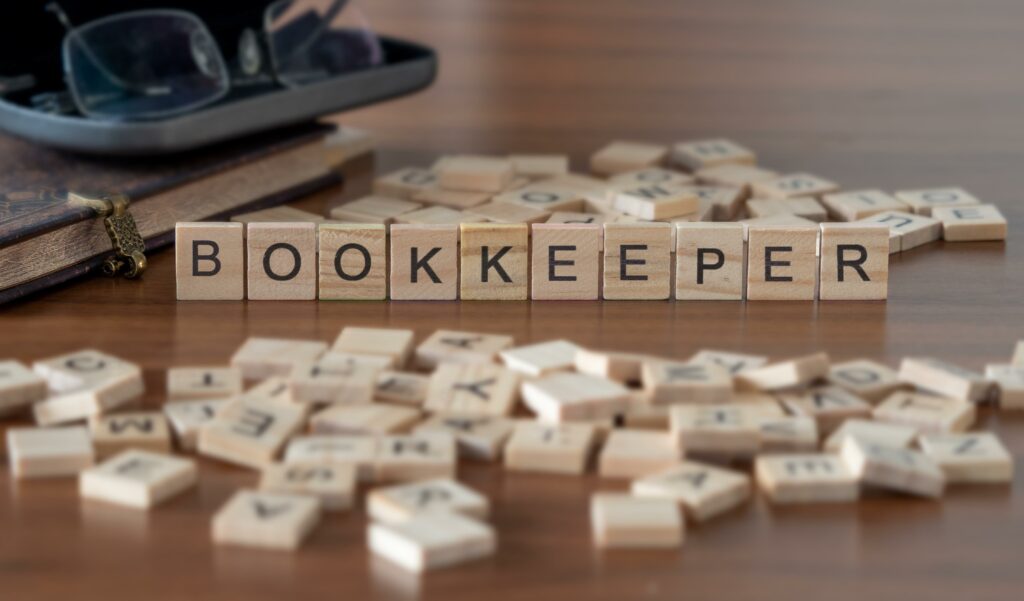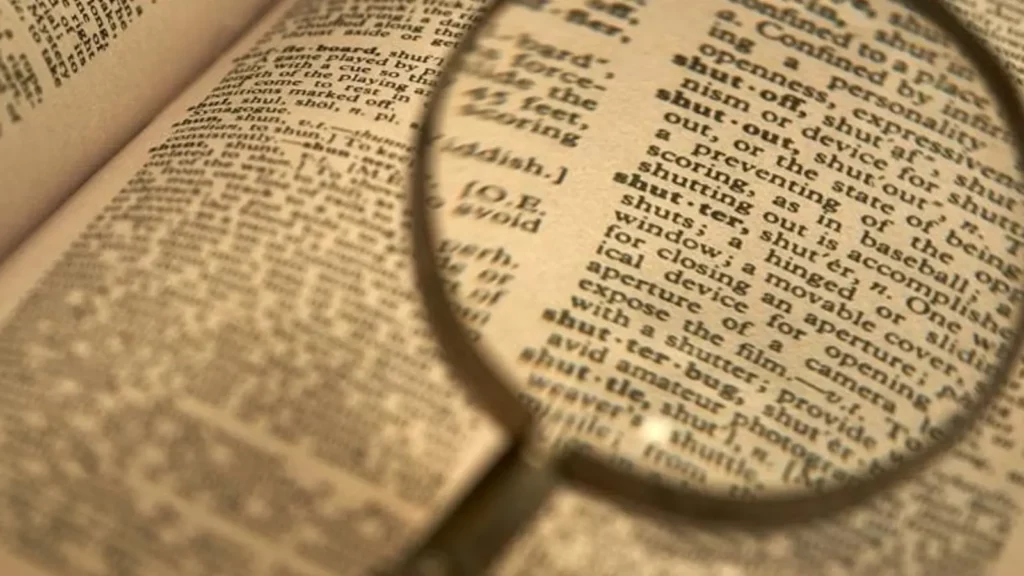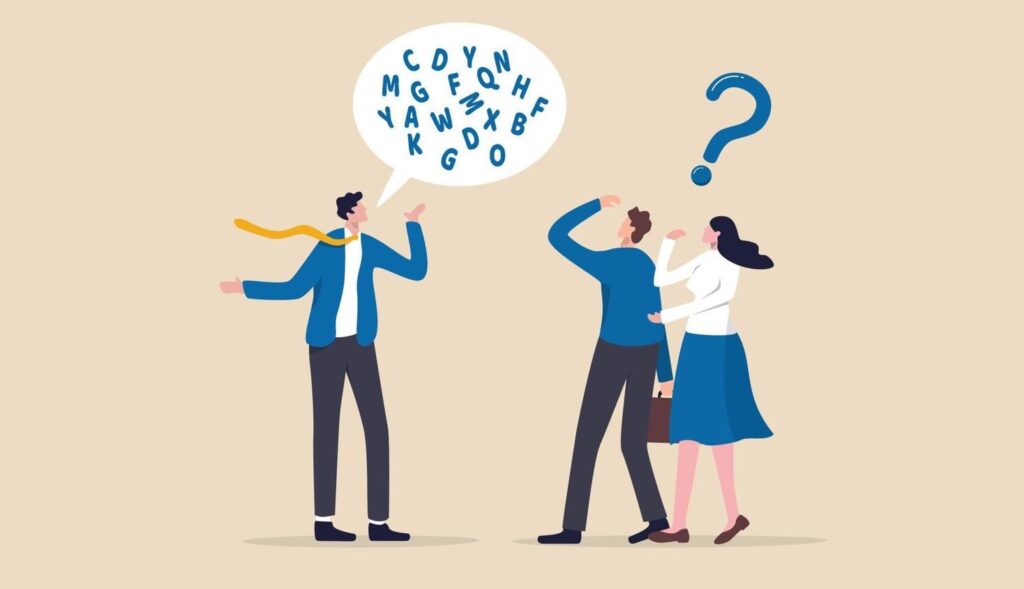English is a fascinating language filled with quirks and peculiarities that often defy logic. While we’re familiar with common words and idioms, there’s a unique category of English words that capture our attention: words with consecutive double letters. They provoke curiosity and sometimes even stump spell-check programs.
In this blog post, we’re going to delve into the elusive category of English words that contain three consecutive double letters. Yes, you read that right three back-to-back sets of double letters. Intrigued? Let’s unravel this linguistic rarity.

What English Words Have Three Consecutive Double Letters?
You might be surprised to find out that English words with three consecutive double letters are exceptionally rare. In fact, there’s just one word that perfectly fits this criterion: “bookkeeper” or its derivative, “bookkeeping.” In these words, the ‘oo’, ‘kk’, and ‘ee’ follow one another in an uninterrupted sequence.
Why Are These Words So Rare?

The rarity of these words comes from how English language rules have evolved. English has borrowed from multiple languages, each with its own rules for spelling, phonetics, and structure. As a result, it’s less likely for consecutive double letters to occur.
The Popularity of “Bookkeeper”
“Bookkeeper” or “bookkeeping” often serves as trivia questions or as subjects of linguistic fascination because they are unique in possessing this rare characteristic. These terms are relatively straightforward in meaning; a bookkeeper is someone who maintains financial records.
However, its spelling is what makes it stand out in the annals of English language trivia.
The Fun of Finding Out

Discovering words like “bookkeeper” adds a layer of excitement to our understanding of language. Words are not just utilitarian tools for communication, they can also be intricate puzzles waiting to be solved or appreciated.
While “bookkeeper” and “bookkeeping” stand alone in this unique category, the search for such peculiarities is what makes the English language ever so captivating. Whether you’re a linguist, a trivia buff, or just someone who loves a good spelling challenge, words like these continue to fascinate and surprise us.
And who knows? Maybe you’ll stumble upon a new word that fits this criterion in the future. Happy word hunting!
Why Words with Three Consecutive Double Letters Aren’t Used More?

Great question! One would think that with the vastness of the English language, there would be more words with three consecutive double letters. The reality, however, is quite the opposite, and there are some good reasons why:
Linguistic Evolution
English has evolved over centuries, borrowing from Latin, Germanic, French, and many other languages. Each of these languages has its own set of rules, which affect how often we see words with peculiarities like three consecutive double letters in English.
Phonetic and Orthographic Constraints
Words are formed to be easily spoken and understood. Consecutive double letters can make pronunciation and spelling challenging, reducing a word’s ease of use. This is often why they don’t occur as frequently.
Cognitive Load
Three consecutive double letters in a single word could be considered a cognitive load, as they require more mental effort to process. In general, languages develop to be as efficient and straightforward as possible.
The Bottom Line
While it’s fascinating to think about words with unique characteristics, languages are designed for utility. If a word is too complex, chances are it won’t be used as frequently and will eventually fall out of use.
What English Words Contain Three of the Same Letters in a Row?

The topic of words with three of the same letters in a row is equally intriguing. English spelling rules generally avoid this configuration, so it’s extremely rare to find standard English words that include three identical consecutive letters.
However, if you delve into technical jargon, chemical names, or coined terms, you might find some exceptions. Here are a couple of examples:
- “Brrrr”: Although more of an onomatopoeic term, it’s used to describe the sound one makes when cold and has four consecutive ‘r’s.
- Chemical Names: Some complex organic compound names could theoretically contain such sequences, though these are not words you’d commonly use.
- Intentional Repetition for Emphasis: In casual speech or writing, people might triple letters for emphasis (e.g., “sooo good”). However, these are not considered proper English words.
- Words in the Dictionary: Words like “goddessship” are in the dictionary and contain three of the same letters consecutively. However, these are very rare and often involve compound words or very specific contexts.
Expert Tip: While the English language does have its quirks, the frequency of words with three consecutive double letters or three of the same letters in a row is low due to evolutionary, phonetic, and cognitive factors. Nonetheless, the rarity of such words makes them all the more interesting to language enthusiasts.
Whether you’re a budding linguist or just someone with a passion for words, there’s always something fascinating to discover in the intricacies of the English language.
Is There a Word With Four Double Letters?
There is no standard English word that contains four consecutive double letters. The English language has many idiosyncrasies, but it seems this is a line it has yet to cross. While it’s intriguing to consider the possibility, the constraints of spelling, pronunciation, and utility have not produced such a word in general usage.
Is There a Word With All 26 Letters?

Yes, a word that uses every letter of the alphabet at least once is called a “pangram.” The most famous example is probably “The quick brown fox jumps over a lazy dog.” However, this sentence uses some letters more than once.
True perfect pangrams that use each letter only once exist, but they often rely on obscure words and awkward phrasing, such as “Mr. Jock, TV quiz Ph.D., bags few lynx.”
What is the 27th Letter in the Alphabet?
Technically, the modern standard English alphabet has only 26 letters, so there isn’t a 27th letter. However, if you’re interested in historical quirks, the ampersand (&) was once considered the 27th letter of the alphabet and was listed after Z.
In fact, the word “ampersand” is believed to have been derived from the phrase “and per se and,” which was recited at the end of the alphabetic sequence.
It’s worth noting that other alphabets, like the extended Latin alphabet, do have more than 26 characters, but these are specialized cases often used for specific languages other than English.
The English language is full of surprises, and while there may not be a standard word with four consecutive double letters, the existing anomalies like “bookkeeper” with its three consecutive double letters provide plenty of intrigue.
Likewise, the idea of a word containing all 26 letters or the history of the ampersand’s relationship to the alphabet offers additional fascinating avenues to explore. Language is always evolving, so who knows what the future might hold? Happy exploring!
Are there any other languages that feature words with consecutive double letters or even three consecutive double letters?
While the phenomenon is rare in English, other languages do feature consecutive double letters, although three in a row are uncommon. For instance, in Finnish, words like “hääyöaie,” which translates to “wedding night intention,” contain consecutive double letters. In Dutch, the word “slechtstschrijvend” has three sets of double letters.
However, these examples do not strictly follow the English pattern of three consecutive double letters. Overall, the likelihood of encountering such words varies from language to language due to different spelling and grammatical rules.
What’s the origin of the word “bookkeeper”?
The term “bookkeeper” originates from the words “book” and “keeper.” In Old English, a “boc” was a written document or chart, and “keeper” comes from the Old English word “ceapian,” meaning to care for or guard. Together, the compound word “bookkeeper” specifically refers to someone responsible for keeping written records, particularly of a financial nature.
This term has been used since at least the late 16th century, but its unique spelling characteristic probably was not recognized until much later.
How did the ampersand end up being considered a part of the alphabet?
The ampersand has an interesting history. It is a ligature of the letters ‘e’ and ‘t’, which form the Latin word “et,” meaning “and.” In early English education, students reciting their ABCs would conclude with the “&” symbol, saying “and per se and,” which eventually became shortened to “ampersand.”
Though it’s no longer considered a part of the modern English alphabet, its former status as the 27th letter reflects its historical significance.
What is a perfect pangram, and how is it different from a regular pangram?
A perfect pangram is a sentence that uses each letter of the alphabet only once. On the other hand, a regular pangram may use some letters more than once, as long as every letter is represented at least one time.
Expert Tip: Perfect pangrams are extremely difficult to create in English while maintaining coherence and meaning due to the constraints of using each letter only once.
How do linguists view these kinds of peculiarities in language?
Linguists often see these oddities as fascinating puzzles or keys to understanding a language’s structure and history. They provide insights into how languages evolve, adapt, and sometimes even borrow from one another.
Although these peculiarities might not have practical applications, they serve as interesting case studies for linguistic analysis and often become points of interest in the academic community.
Are there specific fields where consecutive double letters are more commonly found?
While they are rare in everyday language, consecutive double letters are more likely to appear in technical jargon, specialized terminologies, or names of chemicals and biological terms. These fields often use compound words or terms derived from other languages, which may naturally include consecutive double letters.
What challenges do people face when trying to spell words with consecutive double letters?
One of the main challenges is the likelihood of typographical errors. People might not notice they’ve skipped a letter or added an extra one, especially when typing quickly.
Moreover, spellcheck programs might not always catch these errors since the misspelled word could still be a valid word itself (like ‘bookkeeping’ misspelled as ‘bookkeeping’). Cognitive load is also a factor; people have to pay more attention to accurately spell such words, which can slow down the writing process.
Concluding Thoughts
Exploring the intricacies of the English language is like going on a treasure hunt. You may stumble upon a unique word like “bookkeeper,” ponder over historical oddities like the ampersand or even discover the challenge of crafting a perfect pangram.
These linguistic peculiarities offer not just fascinating trivia but also a deeper understanding of how language evolves, adapts, and sometimes, breaks its own rules. Whether you’re an academic, a writer, or simply someone who loves to explore, the English language continues to offer rich and engaging material to dive into. Happy exploring!
